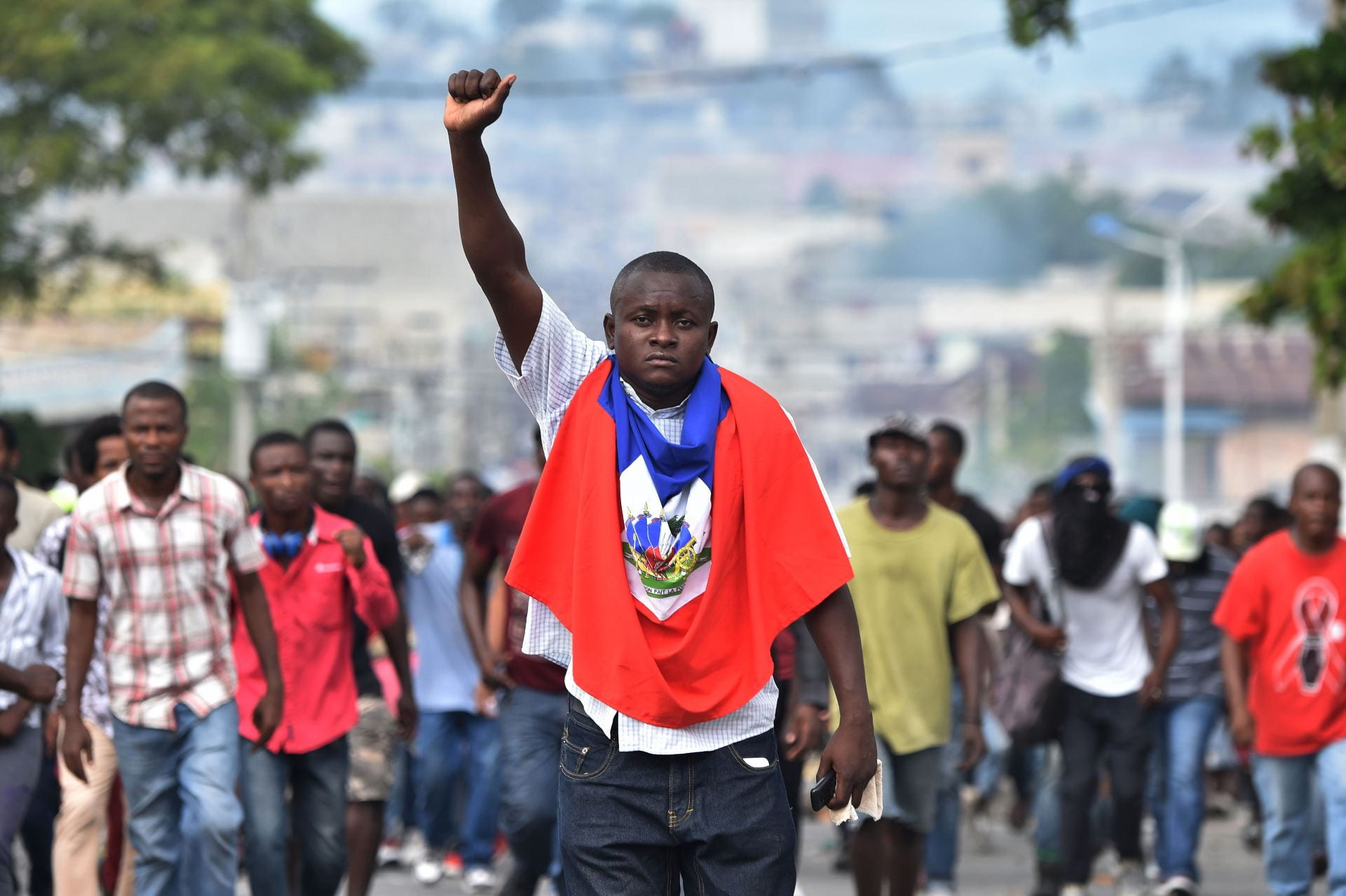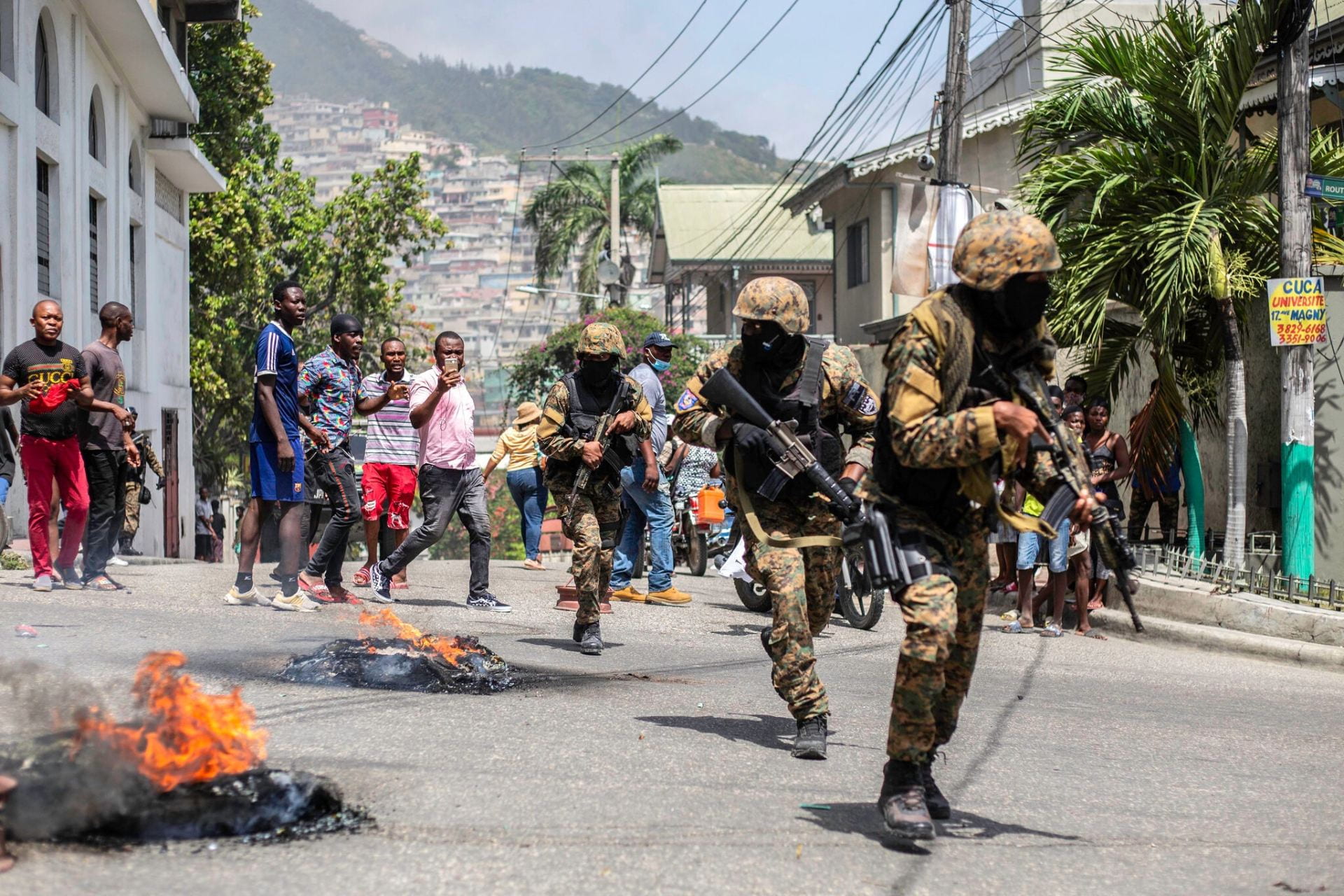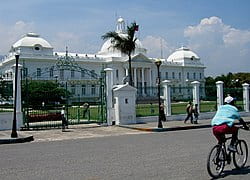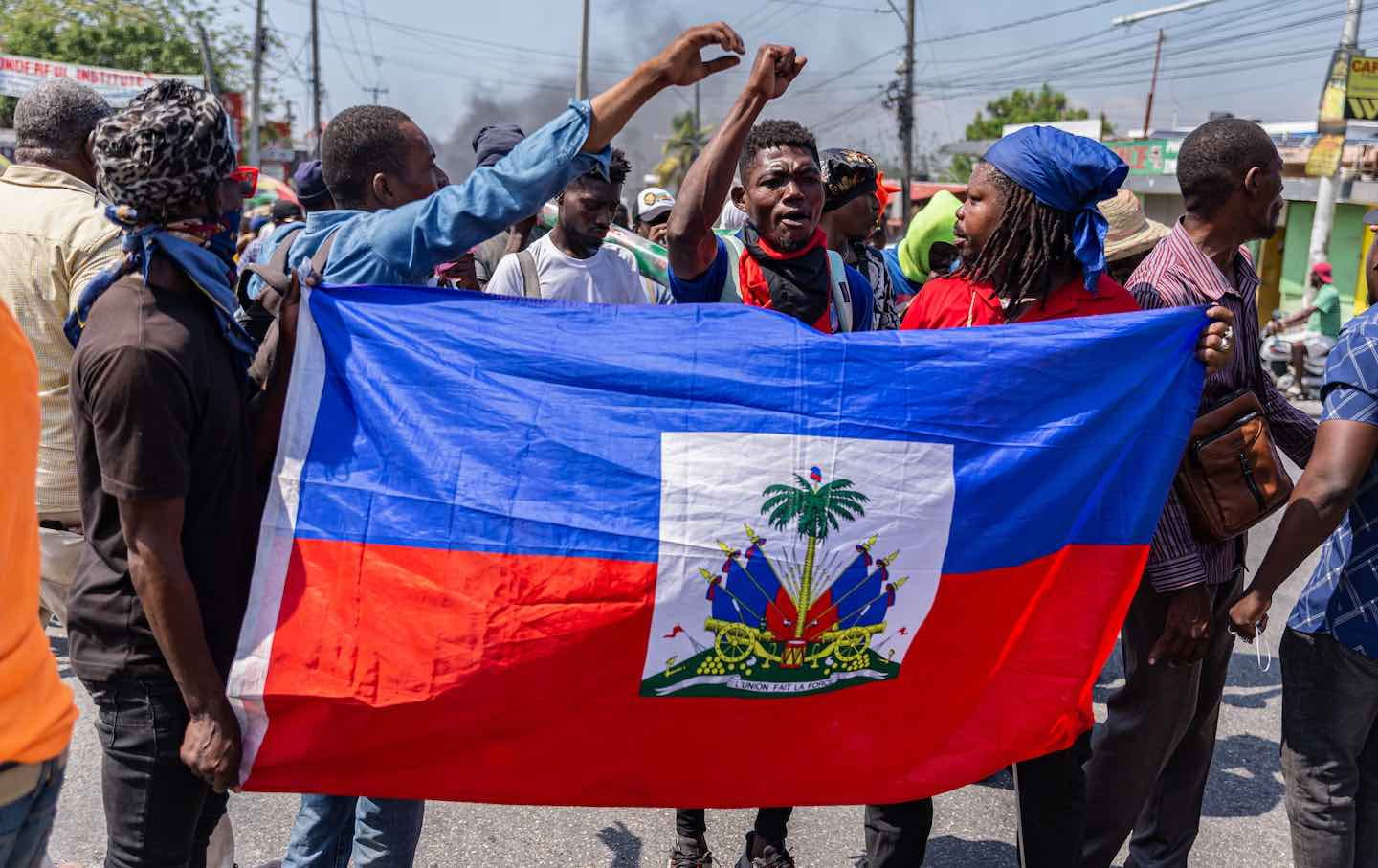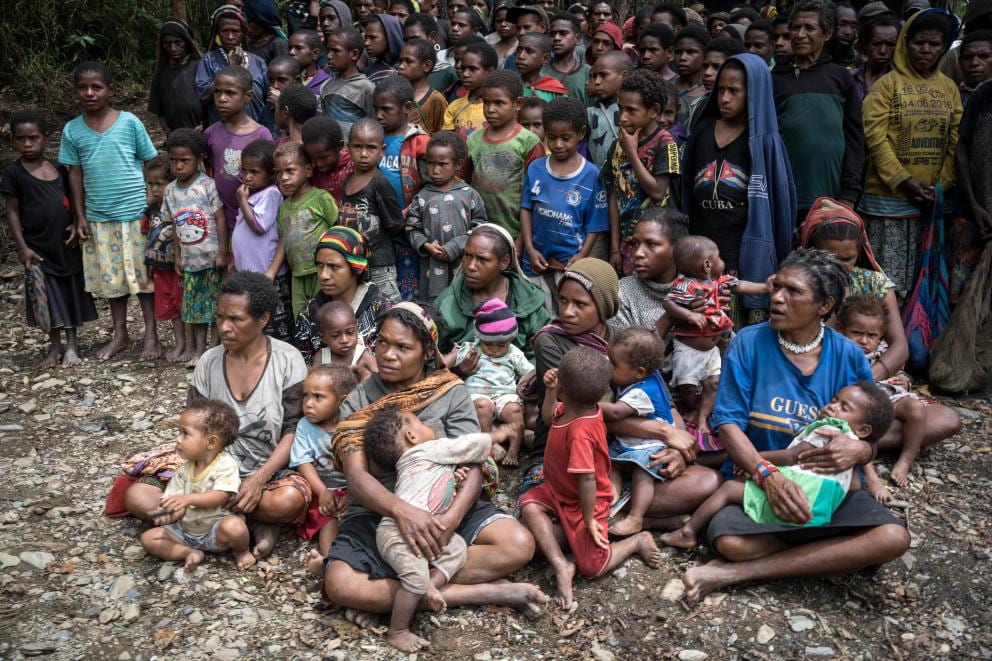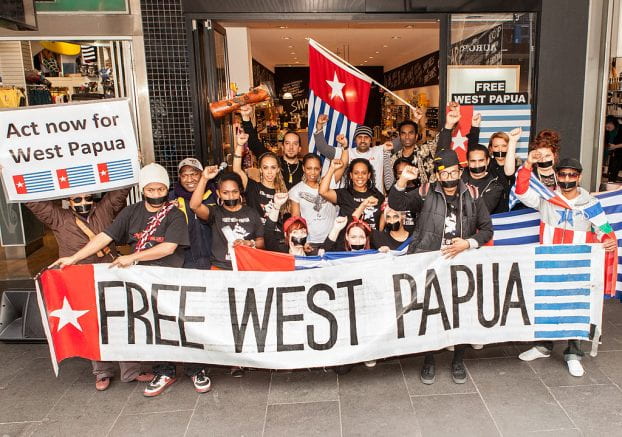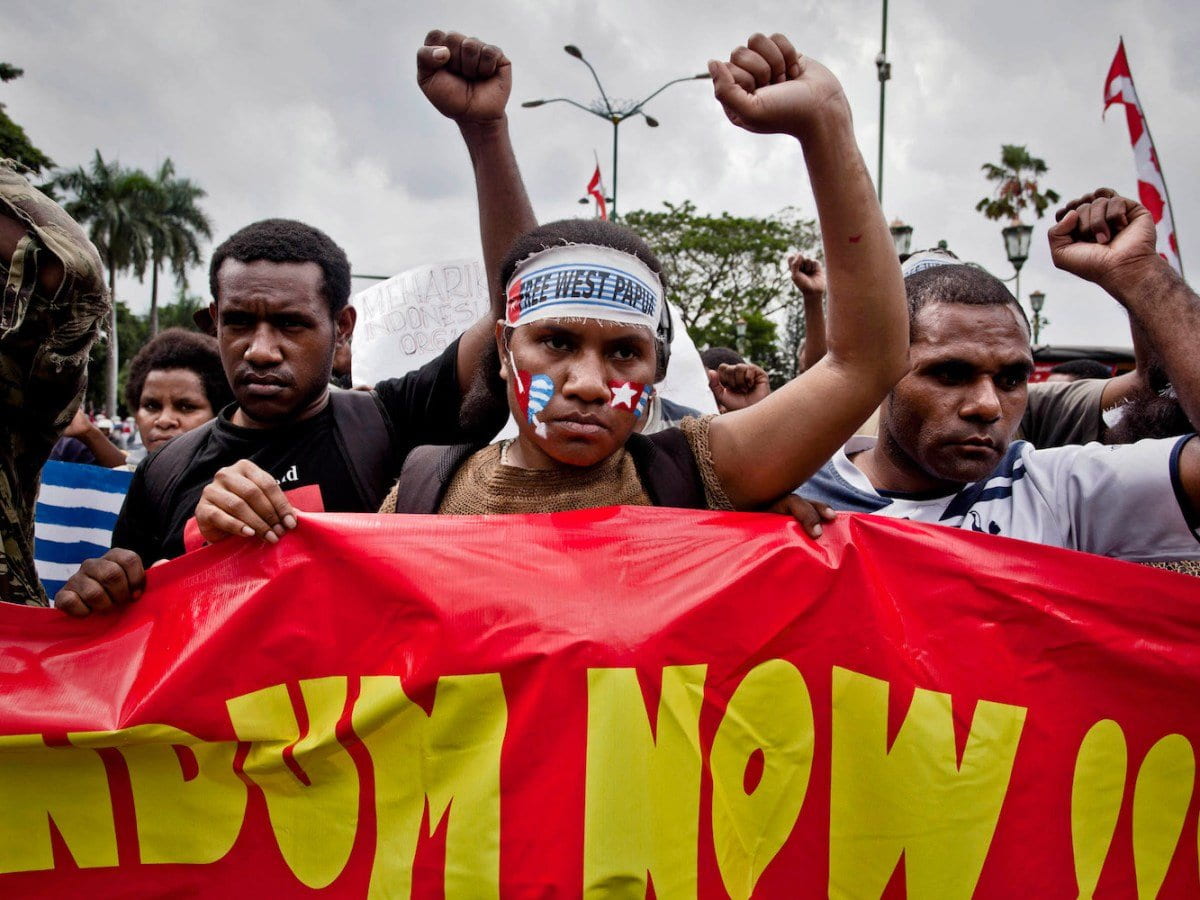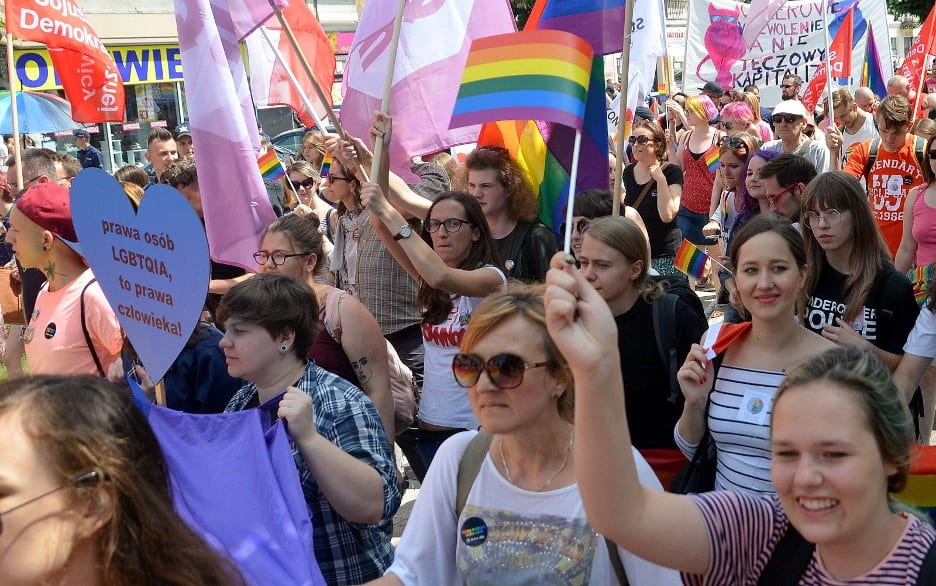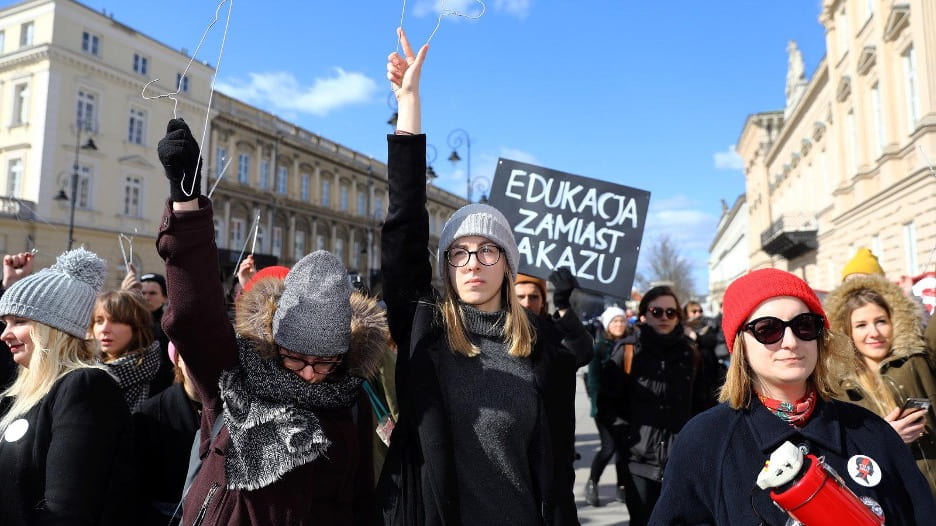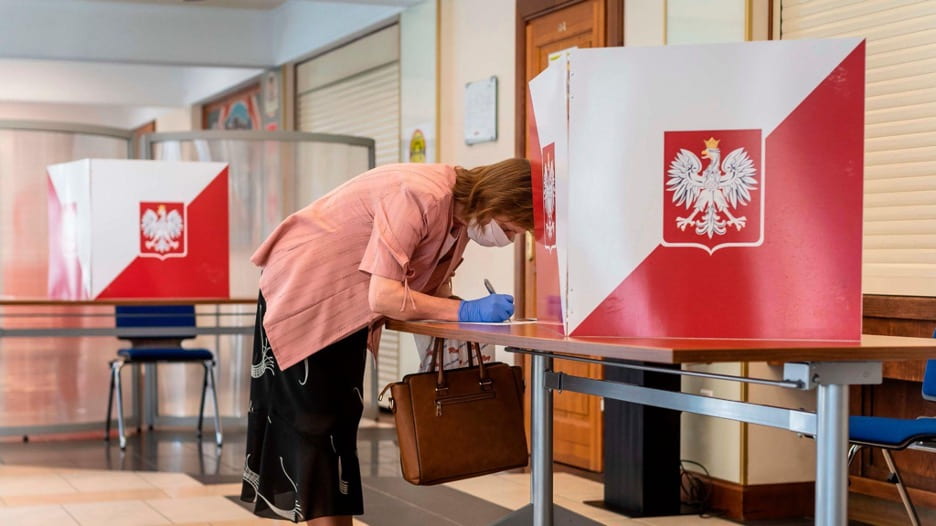Democracy for Sale: Big Tech’s Silent Takeover

In today’s world, technology is more prevalent than ever, shaping nearly every aspect of daily life. Much of this influence can be traced back to a small group of companies known as the Magnificent Seven. Meta, Amazon, Apple, Microsoft, Alphabet (Google), Nvidia, and Tesla dominate the market, drive economic growth, and lead major tech trends. These companies have a major concentration of market power in fields such as artificial intelligence, social media, e-commerce, and digital infrastructure. Apple dominates consumer tech, Amazon controls nearly 40% of the U.S. e-commerce market, and Meta owns three of the world’s largest social platforms. This gives them immense influence over both the economy and society at large. With everything in the palm of their hands, there have been concerns raised over data privacy, misinformation, and anti-competitiveness, exemplified by issues such as the Facebook–Cambridge Analytica data breach and Amazon’s AI hiring bias scandal. As users of these services, we are often forced to accept practices that negatively affect our personal rights. These practices affect basic human rights stated in articles 12 and 19 of the Universal Declaration of Human Rights (UDHR). Privacy is compromised through data tracking, expression is influenced by algorithmic bias, and consumer choice is reduced by monopolistic control.
Article 21 of the UDHR states that “Everyone has the right of equal access to public service in his country.” This includes the right to access information. The U.S. reflects this principle through the Freedom of Information Act, which ensures transparency in public service. When these private corporations control the flow of that information, they compromise the transparency that people have a right to. By controlling things such as search results and advertising, big tech influences the information that citizens see, which can impact public opinion.

In 2023, the U.S. Department of Justice filed lawsuits against Apple, Amazon, Meta, and Google, alleging that they built illegal monopolies that harm consumers and suppress innovation. This resulted in an August 2024 U.S. court ruling that Google did maintain an illegal monopoly on online search and a second trial ruling in April 2025 that they had a monopoly in online advertising. One of the main arguments in these cases was Google’s relationship with Apple. Google has claimed that making its search engine the default choice on Apple devices doesn’t restrict consumer choice, since users are technically free to switch. However, the fact that Google paid Apple $18 billion in 2021 alone to remain the default search engine suggests otherwise. This appears to be a classic example of anti-competitive behavior, where companies will use tactics like buying out smaller rivals or using exclusivity contracts. These methods ensure that once these companies dominate a market, they make it nearly impossible for rivals to challenge them.
Through the usage of acquisitions, restrictive contracts, and financial power, companies are able to secure that domination. In the e-commerce market, Independent sellers who rely on Amazon’s platform are often faced with strict controls that limit their autonomy. This behavior has not gone unnoticed. Amazon’s trial is set for October 2026, and the outcome could reshape not only Amazon’s operations but the future of online retail.
Today’s concerns about tech giants mirror debates from the late 19th century. During the Gilded Age, trusts like Standard Oil used their financial power to buy out competitors, corner markets, and control prices. These practices eventually led to the Sherman Antitrust Act and landmark antitrust rulings that sought to restore competition. While researching this topic, I found myself making comparisons more than once. These digital monopolies resemble industrial trusts. Like Standard Oil, they leverage size and resources to dominate markets, eliminate competition, and limit consumer choice. From a human rights standpoint, there should be more urgency of applying antitrust principles to modern technology.

The problem goes beyond markets. Just how Standard Oil shaped politics back then, today’s tech giants extend beyond their businesses and into the functions of government itself. Some sectors of governments outsource aspects of their work to private tech firms, blurring the line between corporate power and public authority. For example, police forces hire private hacking firms to gain access to devices. When unelected corporations wield this kind of power, accountability shifts from government officials to CEOs and shareholders. Democracy is dependent upon government responsibility and honesty, and when this is compromised, the power of the citizens is taken away.
Some companies use private technology to process data or discriminate unintentionally through algorithms. The spread of misinformation and propaganda has been given space to thrive on platforms like Facebook and YouTube. Harmful rhetoric often spreads unchecked, while some political content is selectively censored by being removed or restricting accounts. Users are exposed to unchecked information that threatens informed civic engagement. For example, during the 2020 Covid 19 pandemic, misinformation, election conspiracy theories, and anti-vaccine propaganda was rampant on social media platforms.

To protect human rights, there need to be accountability mechanisms and transparency requirements for digital platforms similar to those imposed on industries like food, medicine, and automobiles. Overseas, the European Union’s Digital Services Act now requires large tech platforms to disclose how their algorithms recommend content and to remove harmful misinformation quickly. This could be a potential approach that could serve as a model for U.S. regulators. Protecting democracy in this new digital age also requires a human rights stance. When companies control markets, digital infrastructure and the flow of information, they hold control over citizens’ freedom to choose. The rise of the Magnificent Seven has fueled incredible technological innovation, but their dominance is increasingly monopolistic in nature. Consumers deserve a market that rewards innovation, protects privacy, and ensures real choice. Addressing these challenges requires both awareness and advocacy. As citizens, we can push for stronger digital privacy laws and hold elected officials accountable for enforcing antitrust and transparency standards. We could also support open-source alternatives to big tech platforms. Technology is meant to serve the people, not the other way around. The history of antitrust regulation shows that concentrated corporate power can be challenged, and, for the sake of democracy and human rights, it must be.























